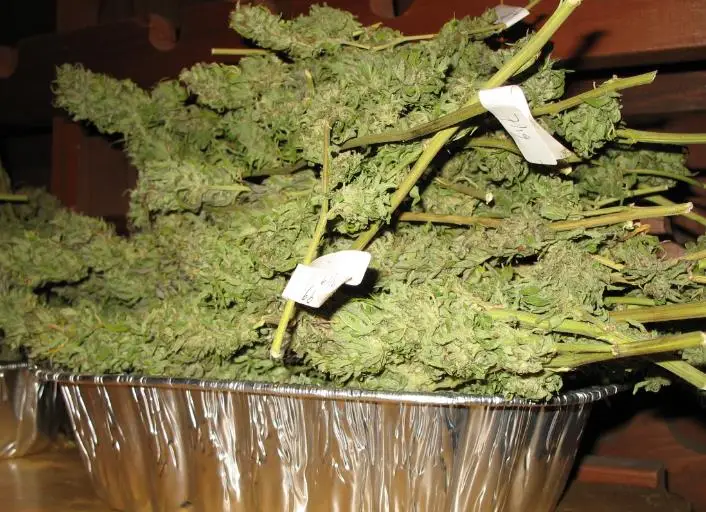Cleveland, OH – As recreational marijuana sales are poised to begin in Ohio later this month, several cities in Northeast Ohio are proactively banning or pausing marijuana sales and cultivation facilities. These measures come as the state prepares to implement its comprehensive adult-use cannabis program in September. According to Ohio State University’s Drug Enforcement and Policy Center, 56 municipalities across the state have enacted moratoriums on adult-use cannabis operators. This article delves into the cities in Northeast Ohio taking such actions and the implications for the local cannabis industry.
Cities Banning Marijuana Sales
Several cities have chosen to ban marijuana dispensaries and cultivation facilities entirely. Among these are Avon, Avon Lake, North Olmsted, Strongsville, and Westlake. The bans were enacted at different times, reflecting a growing concern among local officials about the potential impacts of recreational marijuana.
- Avon implemented its ban in April 2024.
- Avon Lake followed suit in May 2024.
- North Olmsted enacted a ban as early as December 2023.
- Strongsville and Westlake passed bans in March and April 2024, respectively.
City officials cite concerns about potential increases in crime, public health issues, and the risk of marijuana acting as a gateway drug as primary reasons for these bans. They believe these measures are necessary to protect residents and maintain public safety. However, the bans have sparked debates among residents and business owners about the potential consequences of driving marijuana sales underground, leading to unregulated and potentially dangerous products.
Cities Pausing Marijuana Sales
In addition to outright bans, some cities have opted to pause marijuana sales and cultivation facilities. These municipalities include Broadview Heights, Green, Copley Township, Hudson, Orange Village, Twinsburg, and Chardon. The moratoriums in these cities are generally in effect until the end of the year, providing time for city officials to assess the impact of recreational marijuana sales and develop appropriate regulations.
The decision to pause sales is seen as a cautious approach to managing the introduction of recreational marijuana. City officials want to ensure they have sufficient time to study the potential effects on their communities and create informed policies that balance the benefits and risks of marijuana sales.
Public Input and Future Prospects
The moratoriums have also provided an opportunity for public input. Residents and business owners are encouraged to share their views on recreational marijuana sales, helping city officials understand the diverse perspectives within their communities. This collaborative approach aims to create regulations that reflect the needs and concerns of all stakeholders.
The future of marijuana sales in Northeast Ohio remains uncertain as cities navigate the complexities of cannabis regulation. While some cities have chosen to ban or pause sales, others are moving forward with plans to allow recreational marijuana dispensaries. For example, Lakewood recently lifted its moratorium to permit recreational sales as soon as the city’s two medical marijuana dispensaries receive their dual-use permits.
As Ohio’s adult-use cannabis program rolls out, cities will need to continuously evaluate their policies and make adjustments based on new information and changing circumstances. The goal is to create a regulatory framework that ensures public safety, supports economic growth, and addresses residents’ concerns.
The evolving landscape of marijuana regulation in Northeast Ohio underscores the need for flexibility and adaptability. By engaging with stakeholders, gathering data, and making informed decisions, cities can create policies that promote community well-being and support the responsible growth of the cannabis industry.
If you have any questions or would like more information, please feel free to reach out to our newsroom.
Discover more from Northeast Ohio News
Subscribe to get the latest posts sent to your email.







